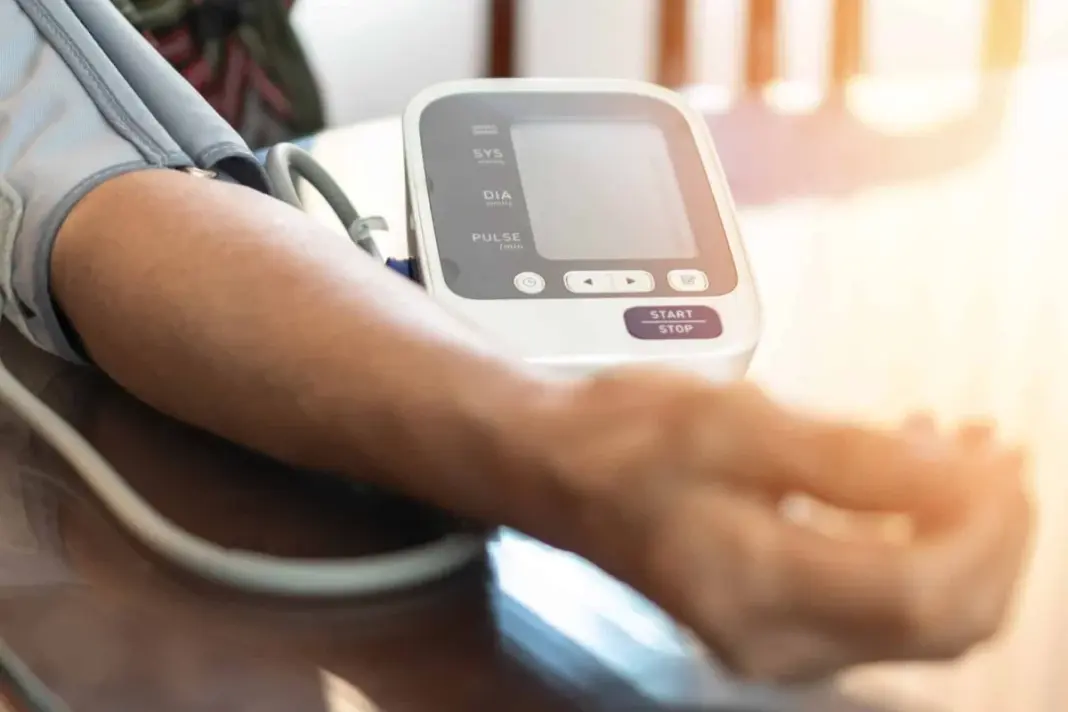High blood pressure puts excessive stress on your heart, brain, and kidneys. Shockingly, the American Heart Association (AHA) and American College of Cardiology (ACC) have recently released the new 2025 Hypertension Guidelines. This new guideline stands in sharp contrast to the previous one of 2017.
As the international institutions are tightening the normal margin of blood pressure, it is time to get more alert. Detect early, control better: if this is your motto of healthy living, get a quick glimpse of the report and be conscious from today.
New Hypertension Guideline Targets Set Below 130/80
The 2025 Hypertension Guidelines of AHA and ACC limit the ideal BP limits below 130/80 mmHg. Now the normal blood pressure range is less than 120/80 DBP. Experts from now on consider the patient to have stage one hypertension if their BP gets between 130 and 139, and their diastolic BP between 80 and 89.
Whereas, the stage 2 hypertension will be marked when the patient’s BP gets above >140SBP to >90DBP. Therefore, though according to the past guidelines one can relax even with more than >130/80 limit, now this mark shows alarms for a possible hypertension risk.
DON'T MISS
The Link Between Hypertension, Kidney, Heart, and Brain
Hypertension, amidst all its side effects, leaves the greatest mark on your kidneys, heart, and brain. There is a direct link between high blood pressure and chronic kidney disease (CKD), heart disease, and neural problems.
- Hypertension is the second leading cause of kidney disease, as prolonged high BP progressively damages your renal blood vessels.
- Elevated BP stresses the heart to pump faster, eventually losing the elasticity of heart muscles, veins, and arteries.
- High BP also weakens the blood vessels of your brain, making them prone to ruptures and blockage.
Therefore, it has now become extremely important to opt for earlier BP control for better overall health.
Special Guidelines for High-Risk Populations
Hypertension can now occur in any individual, thanks to the excessively stressful work-life and loneliness. However, the high-risk population, such as pregnant women, CKD patients, and older adults, now needs to be more proactive in monitoring their BP. With timely monitoring, stress management, and single-pill solutions, patients can manage hypertension and its side effects.
The 2025 Hypertension guidelines make a sharp shift, and it’s time for you to take control of your BP more proactively. So, emphasis on early action to manage the long-term risks of hypertension.
Disclaimer: This content, including advice, provides general information only. It is not a substitute for qualified medical opinion in any way. The methods and claims mentioned in this article should be considered as suggestions only; DNP India neither confirms nor denies them. Always consult a doctor before following any such suggestions/treatments/medications/diets.



